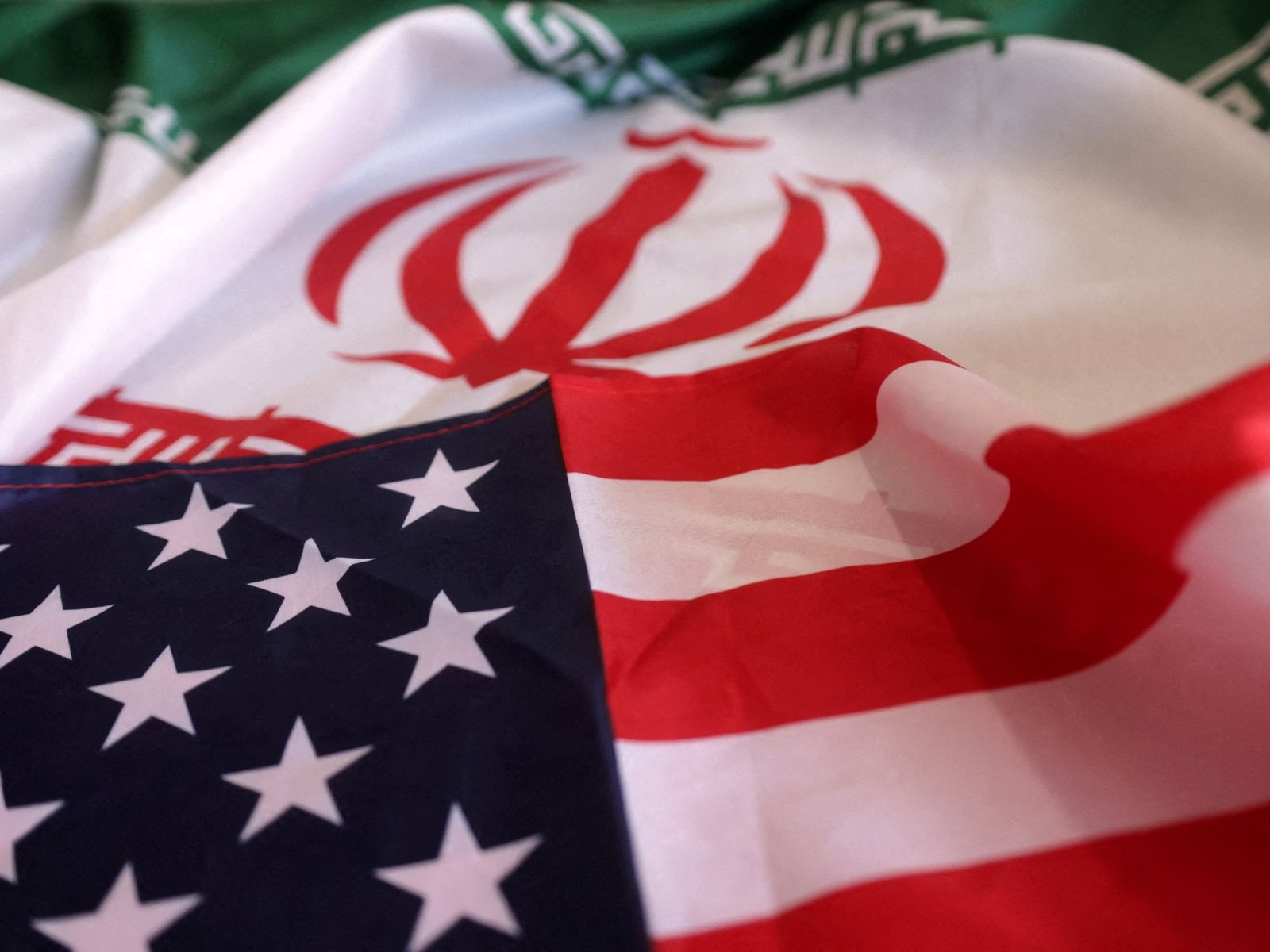The latest sanctions are aimed at a shipping network led by Mohammad Hossein Shamkhani, linked to a prominent advisor of Iran’s Supreme Leader, Ayatollah Ali Khamenei.
In a significant move, the United States Department of the Treasury has enacted extensive sanctions targeting over 100 individuals, companies, and marine vessels associated with Iran, marking the most substantial action related to Iran since 2018.
Unveiled on Wednesday, this sanctions package focuses on more than 50 vessels identified as integral to a “massive shipping network” managing oil tankers and container ships under the control of Mohammad Hossein Shamkhani, son of a senior advisor to Iran’s Supreme Leader, Ayatollah Ali Khamenei.
The U.S. Treasury stated, “This network is involved in transporting oil and petroleum products from both Iran and Russia, along with various other goods, to international buyers, generating substantial profits in the tens of billions.” This move is being described as a “major action” against the Shamkhani family’s vast operations.
Treasury Secretary Scott Bessent highlighted that the Shamkhani family’s shipping enterprise underscores how elites in the Iranian regime exploit their positions for immense wealth while financing the regime’s destabilizing activities.
Bessent noted that the latest sanctions involve 115 individuals, entities, and vessels, representing the broadest efforts since the Trump Administration initiated its maximum pressure campaign against Iran.
An Iranian Foreign Ministry spokesman criticized the sanctions as a blatant demonstration of U.S. hostility towards Iran, as reported by the country’s Student News Network.
The Treasury Department further elaborated that the Shamkhani family plays a crucial role in Iran’s crude oil exports. Although Ali Shamkhani was sanctioned by the U.S. in 2020, the family has accumulated exclusive international assets and obtained foreign passports, enabling them to operate largely inconspicuously abroad.
“The utilization of various front companies with benign facades, lacking obvious ties to Hossein’s network, allows them to generate massive profits while evading scrutiny,” the statement read.
Overall, this new sanctions package targets 15 shipping firms, 52 vessels, 12 individuals, and 53 entities across 17 countries, including Panama, Italy, and Hong Kong, as reported by Reuters.
A U.S. official expressed confidence that these sanctions would significantly hinder Iran’s ability to sell oil. However, the administration does not foresee any major disruption to global oil markets, particularly as China remains the leading purchaser of Iranian oil.
These sanctions follow statements from Iranian Foreign Minister Abbas Araghchi, asserting that any renewed aggression from the U.S. would prompt a robust response from Iran.
In response to U.S. President Donald Trump’s warnings about retaliating if Iran attempts to revive its nuclear program, Araghchi asserted on social media, “Iran, a nation with a rich cultural heritage spanning 7,000 years, will not respond to threats. We have never submitted to foreign powers and will only engage with respect.”
He emphasized, “Iran is fully aware of the consequences of recent aggressive actions and is prepared to respond decisively if such actions are repeated, ensuring no aspect will remain concealed.”
Iran, a nation with a rich culture originating from 7000 years of civilization, will never respond to the language of threat and intimidation. Iranians have never bowed down before any foreigners and respond only to respect.
Iran knows exactly what happened during the recent…
— Seyed Abbas Araghchi (@araghchi) July 28, 2025

